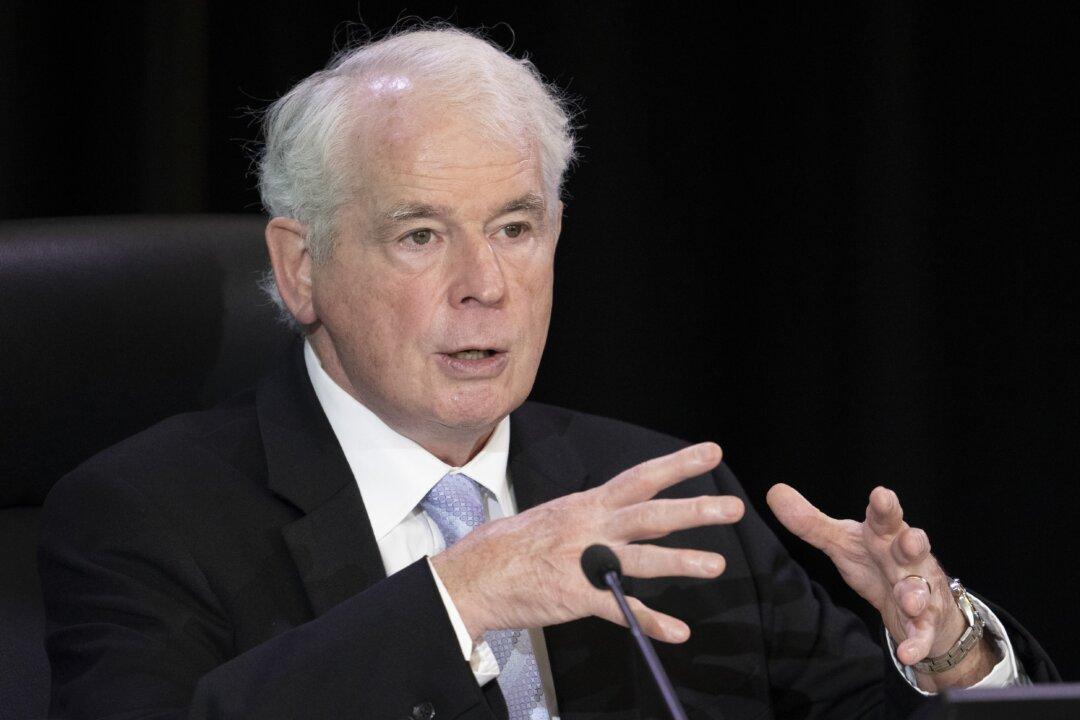The federal government can disclose some of its evidence to the inquiry examining the use of the Emergencies Act without releasing that information publicly due to national security reasons, the commissioner overseeing the inquiry has ruled.
In his Oct. 26 ruling, Justice Paul Rouleau, who leads the Public Order Emergency Commission, said the Liberal government has requested some of the evidence that will be called by Commission counsel to be received “in the absence of the public,” on grounds that disclosure would be “injurious to national security.”





